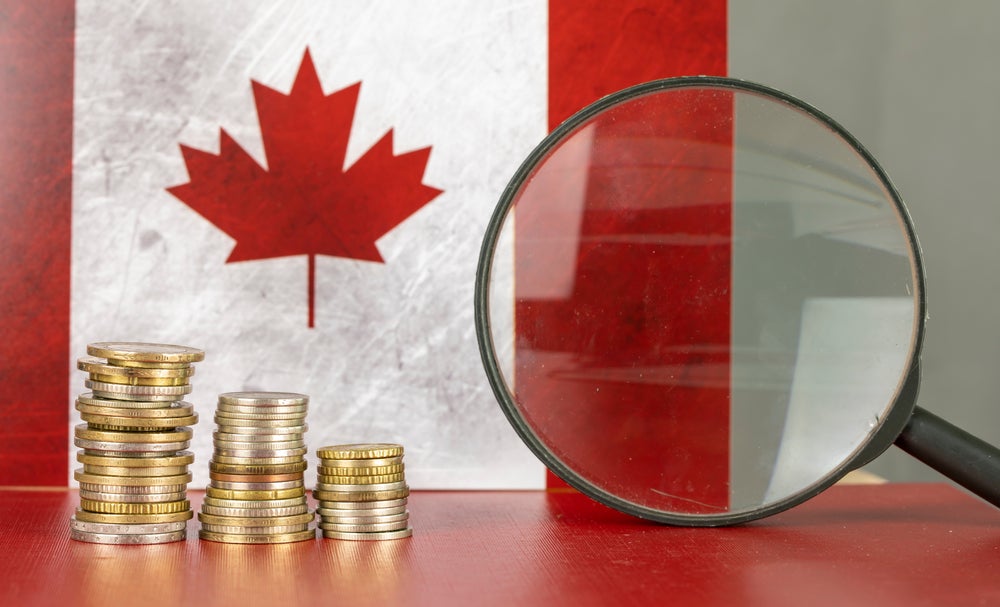
In a big move, the UK Treasury declared that ‘rip-off’ surcharge fees on credit and debit card payments would be “consigned to history” from January 2018. While it looks like a positive change for consumers, there seem to be some adverse side-effects. Patrick Brusnahan writes
The controversial charges, which can total up to 20% of the value of the transaction, are to come to an end, which should be cause for relief in many sides of the industry.
Some industries absorb the cost of surcharges, putting added pressure on margins. Other industries pass on the costs to the consumer, which can lead to an uncomfortable customer experience and a loss of business.
It’s a valuable part of the ecosystem as, according to Treasury figures, the total value of surcharges for credit and debit cards was an estimated £473m ($618m).
Happy consumers?
The immediate effect of this will be that consumers no longer have to pay these pesky charges, whether it is 50p at a local shop or over £100 when booking a flight.
Speaking to CI, Lu Zurawski, Consumer Payments Practice Lead, EMEA at ACI Worldwide, says: “I personally think that this is a positive thing for consumers. If you think payments choice is a good thing for consumers, then this is a good thing for consumers. I don’t think it’s bad for retailers either.”
How well do you really know your competitors?
Access the most comprehensive Company Profiles on the market, powered by GlobalData. Save hours of research. Gain competitive edge.

Thank you!
Your download email will arrive shortly
Not ready to buy yet? Download a free sample
We are confident about the unique quality of our Company Profiles. However, we want you to make the most beneficial decision for your business, so we offer a free sample that you can download by submitting the below form
By GlobalDataChristian von Hammel-Bonten, Chief Product Officer at the PPRO Group, says: “I definitely believe it is better for the consumers because clearly some consumers have a preference for debit or credit cards instead of other payment options and this helps them avoid those charges. From a consumer perspective, I’m happy.”
Retailers left out to dry?
How will this affect retailers though? Does this mean that they will have to take on the cost burden of accepting card payments without the surcharge to offset it?
“Retailers at the moment seem to have this fixation that card payments are an extra that needs to be funded and has to be presented as a surcharge to the customer,” Zurawski explains.
“Credit card transactions were expensive until relatively recently. To overcome that and consider it a typical variable operating cost like air conditioning would make customers less likely to be angry at these so-called ‘rip-off’ charges.
“Merchants are more likely to clean up thanks to a nudge from the UK government that will have less customers looking elsewhere. This is particularly true for the emerging consumer demographic which wants to pay with electronic means.”
“From a retailer perspective, they expected it. If you see what has been published under PSD2 and interchange regulation, it was obvious that surcharges would be forbidden,” adds von Hammel-Bonten.
“The retailers have also benefitted from lower interchanges. At the end, the person being hurt is the issuer.”







